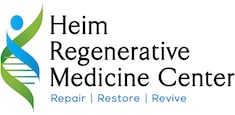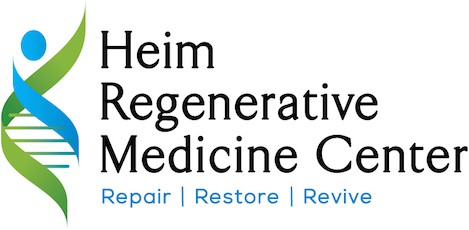When you think of cancer treatment, conventional methods including chemotherapy and radiation therapy likely come to mind. However, holistic treatments such as IV therapy are often highly beneficial for cancer patients.
Combined with conventional methods, IV therapy can help patients overcome cancer and better manage side effects from chemotherapy and radiation. Keep reading to learn more about IV therapy and how it can benefit cancer patients.
High-Dose Vitamin C Therapy for Cancer Treatment
Vitamin C is a powerful, immune-boosting antioxidant. It can benefit all patients by increasing infection resistance and shielding them against various diseases. However, vitamin C can also be administered in high doses intravenously to kill cancer cells.
How Does Vitamin C Combat Cancer Cells?
Since vitamin C is selectively toxic, meaning that it doesn’t damage healthy cells at any concentration, it can be used at very high doses to combat cancer. It works by interacting with iron and other metals in the body, resulting in the production of hydrogen peroxide. Hydrogen peroxide damages cancer cells’ DNA and mitochondria, which effectively depletes their energy supply and ultimately destroys them.
Vitamin C for Chemotherapy and Radiation Side Effects
Combined with conventional treatments, high-dose vitamin C IV therapy can provide notable benefits for cancer treatment. As well as helping to combat the cancer cells, vitamin C improves cancer patients’ side effects from chemotherapy and radiation. This can boost their quality of life during cancer treatment.
High-Dose Vitamin C IV Therapy at Heim Regenerative Medicine C
At the Heim Regenerative Medicine Center, we offer a range of IV nutrition treatments, including high-dose vitamin C as an adjunct to traditional cancer treatment. If you have been diagnosed with cancer, Dr. Michael Heim can help determine if high-dose vitamin C could benefit your current treatment plan. Schedule an appointment today to learn more!


No Comments